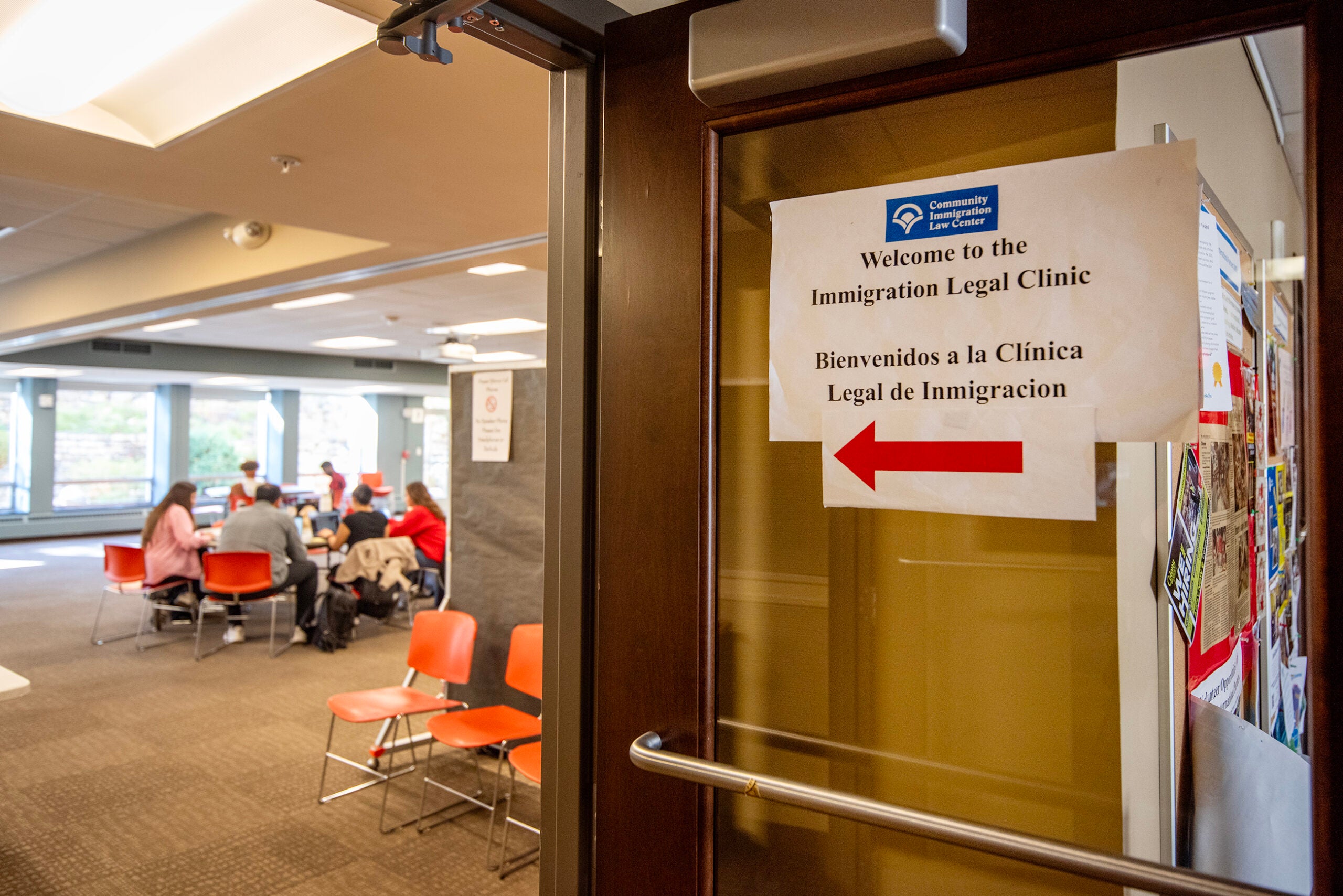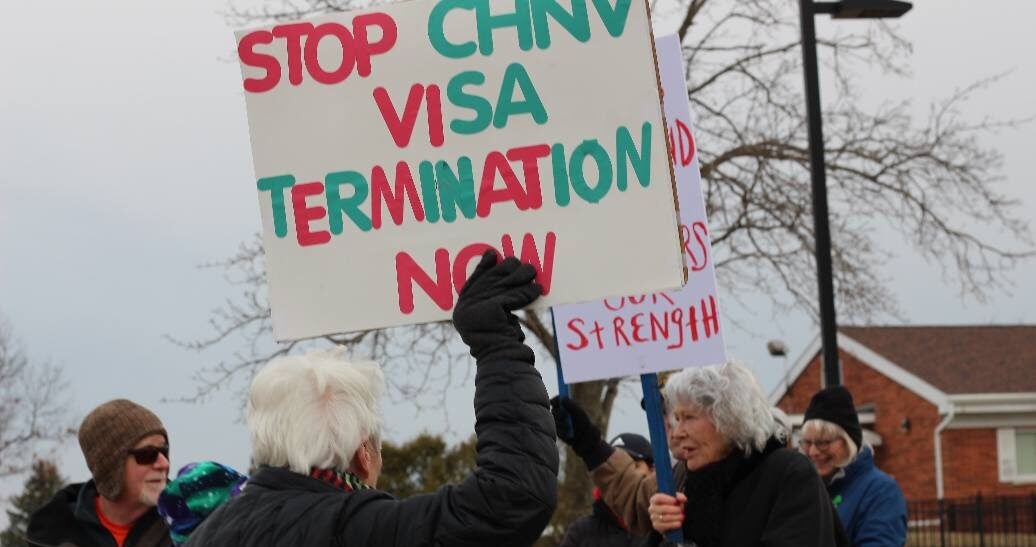The Obama administration’s recent announcement that it was de-prioritizing the deportation of young undocumented immigrants could affect undocumented youth in Wisconsin.
The Executive Order allows young undocumented immigrants living in the U.S. a chance to obtain a work permit and social security number with less fear of deportation. Many of these children were brought to the U.S. by their parents.
Maricela Aguilar is one of these young immigrants. Aguilar came to the U.S. when she was just three years old and has been living in Milwaukee ever since. She says she had a very normal childhood. “Went through high school, really typical all American high school experience to be honest,” she says. “Honors classes, cross country captain, National Honor Society treasurer and all of that stuff.”
News with a little more humanity
WPR’s “Wisconsin Today” newsletter keeps you connected to the state you love without feeling overwhelmed. No paywall. No agenda. No corporate filter.
Aguilar says while growing up, she remembers Wisconsin being a safe place for immigrants. “Throughout my life, always knew I was undocumented,” she says. “It was never something that I was supposed to be ashamed of or it was something that I was supposed to keep a secret.”
But that’s changed in recent years, as the federal government has increased the deportation of illegal immigrants. The Walker administration has also made it more difficult for undocumented students to attend public universities.
In Aguilar’s case, her family has tried to gain legal status. She says her parents first attempted to get visas in Mexico, but were rejected. Aguilar also says a relative petitioned for her father’s residency in 1997. He is still waiting for his green card. “When you’re living in poverty and you have children, there’s no way that you’re gonna wait 15 years to be able to get a better job,” she says. “And I think that’s a decision a lot of people would make for their children.”
The change in deportation policy could allow Aguilar to work legally in the U.S. if she chooses to apply. She says if she qualifies, it will open up many opportunities. “To be able to say that as soon as you graduate from college or from graduate school, you’re gonna be able to get a job,” she says. “I mean that’s huge. I just graduated from Marquette. And I kept thinking during my senior year, like well what am I gonna do, what am I supposed to do. Like I can’t get a job and there’s no way I’m going to back to being a waitress ‘cause, that would just like, cripple my soul.”
The policy change is not without its critics. Some say it’s an attempt by the Obama administration to win Latino votes in November’s presidential election. Immigration attorney Cain Oulahan disagrees. He says the change is much more than just a political ploy. “There may be something to the timing, that obviously I think he wants to court the Latino vote. I don’t think it’s purely for that reason,” he says. “I absolutely think that he is committed to immigration reform and that this is a step towards pushing congress to pass the Dream Act and hopefully a more comprehensive bill as well.”
Others argue that the Obama administration isn’t going far enough. Ed Fallone is a professor of law at Marquette University. He says that pro-immigrant legislation like the Dream Act would be ideal. The Dream Act, now stalled in congress, provides a clear path to citizenship. “We should regularize their status,” he says. “The United States does not work well with different classes of individuals, we’re a very egalitarian country and these are people who are so indistinguishable from citizens that they should have all the same rights and privileges.”
Despite the fact that the new policy does not guarantee her citizenship or even a green card, Aguilar says no matter what happens, she remains confident in who she is. “I can look absolutely anyone in the face and tell them that I’m Maricela Aguilar and I am an American Citizen,” she says. “Because that’s just a fact.”
The Department of Homeland Security will issue guidelines for the new policy on August 1st.
Wisconsin Public Radio, © Copyright 2026, Board of Regents of the University of Wisconsin System and Wisconsin Educational Communications Board.




